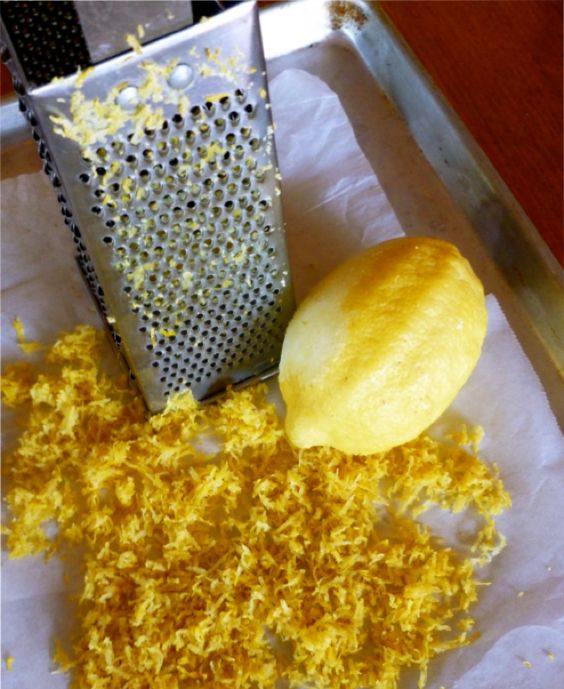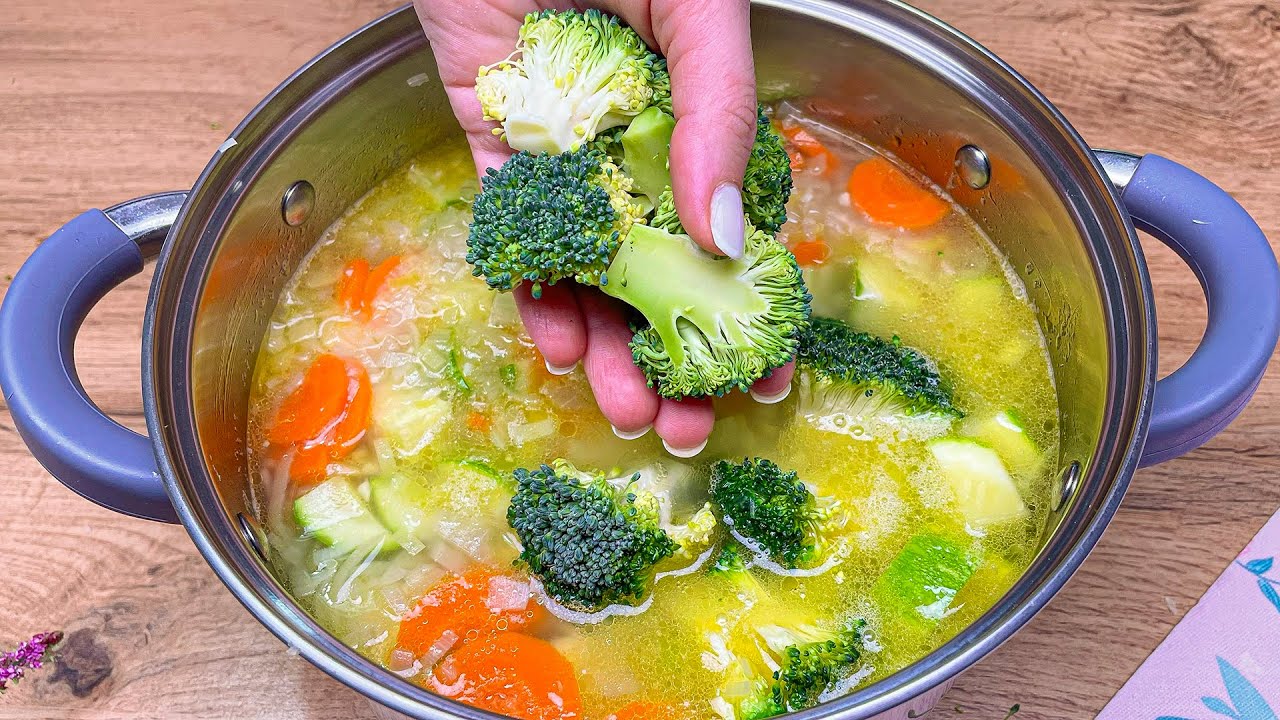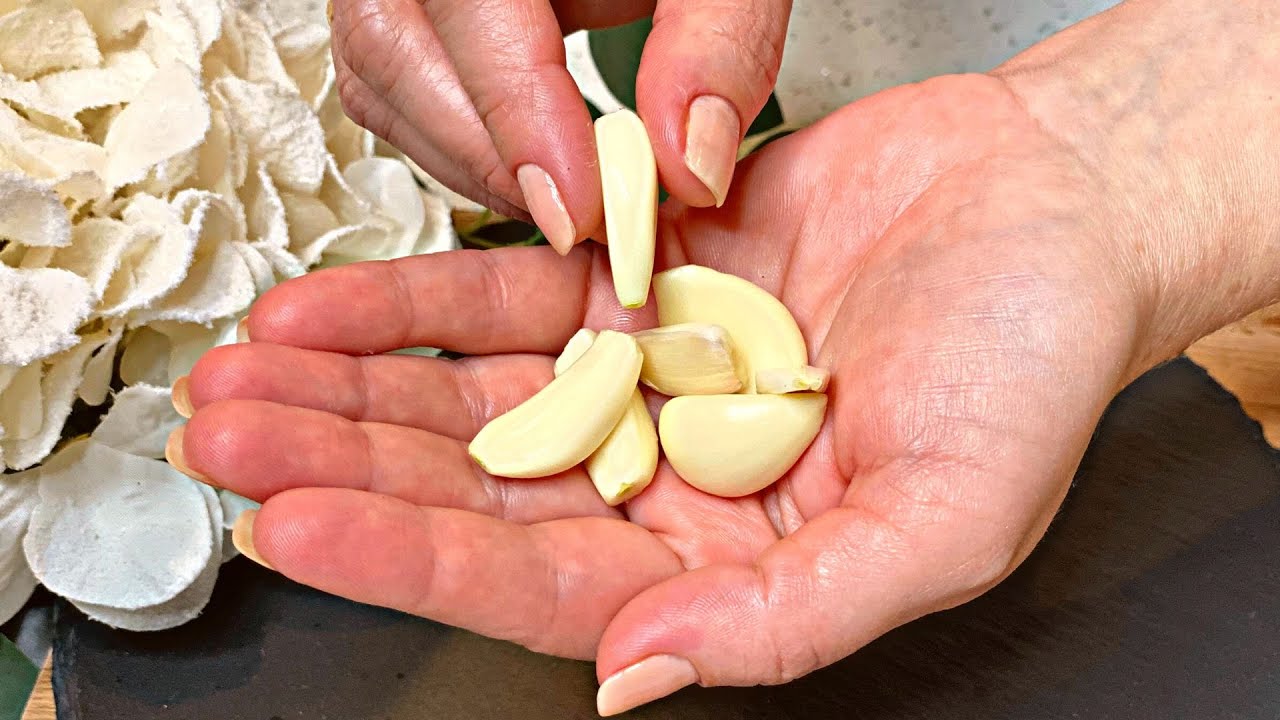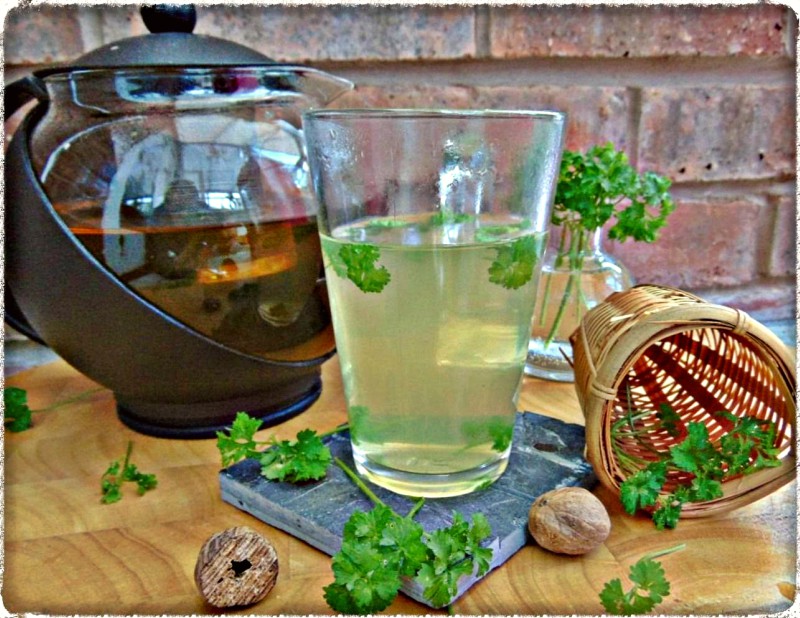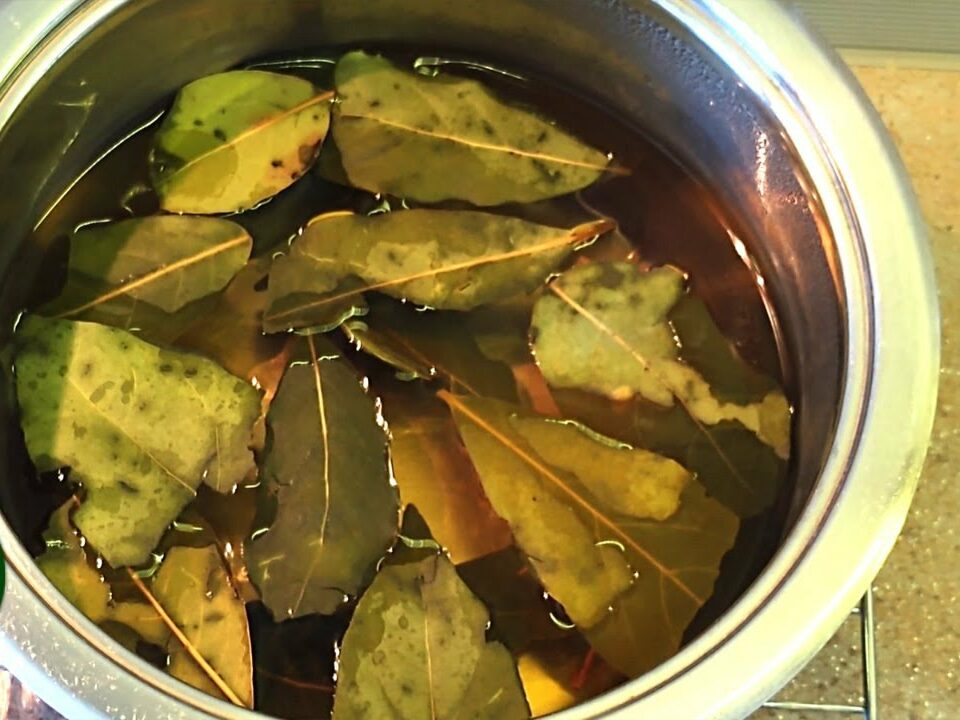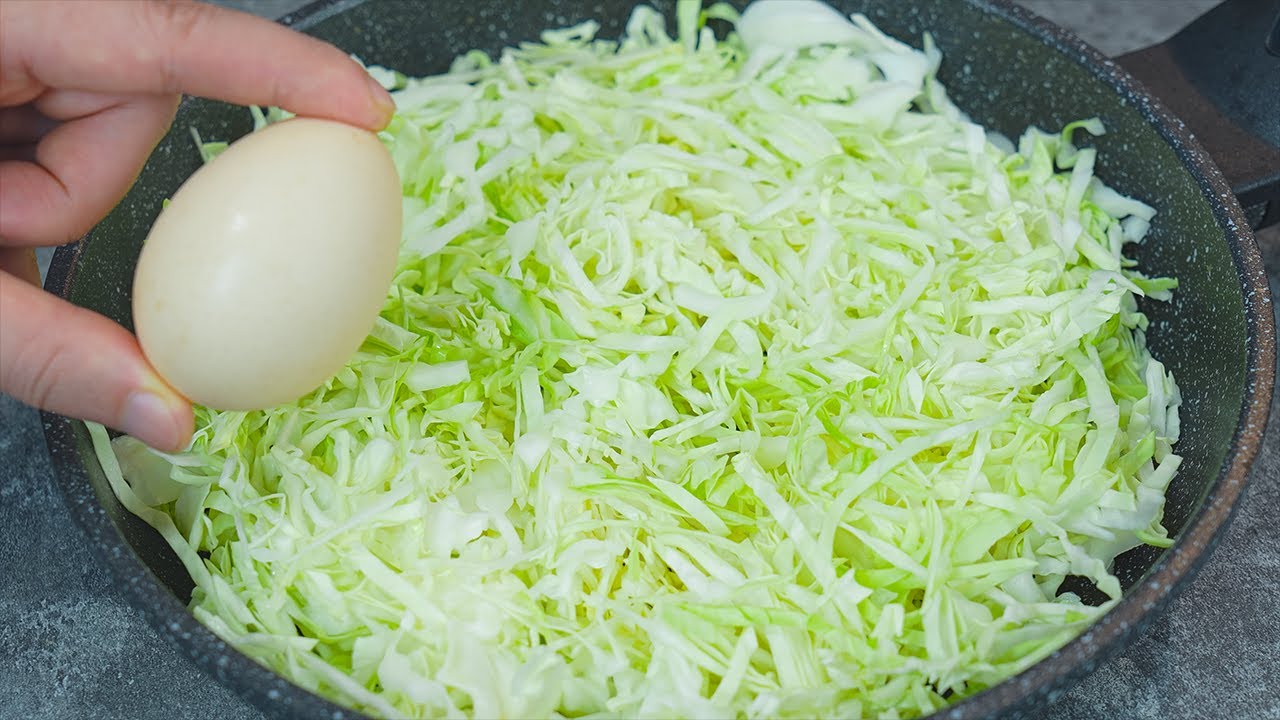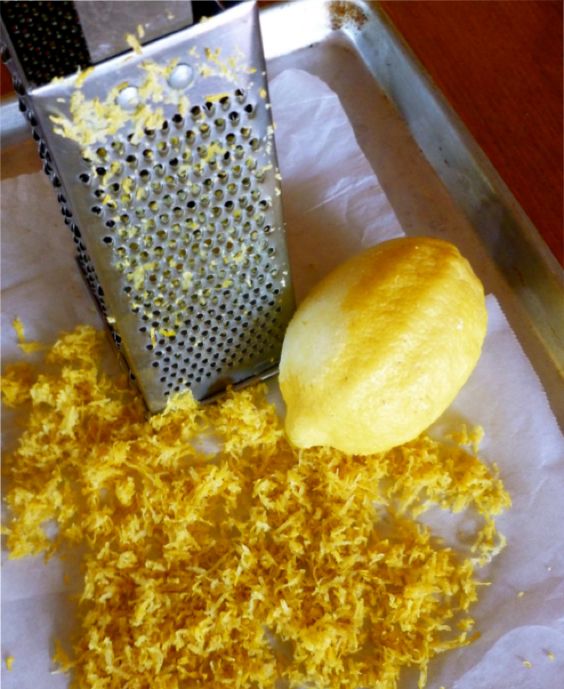
Lemons are a wonderful addition to many dishes and drinks, providing a burst of flavor and a healthy dose of vitamin C. However, if not stored properly, lemons can quickly go bad. To help you get the most out of your lemons and avoid waste, here are some effective tips on how to store them properly.
1. Understand the Basics of Lemon Freshness
Lemons are best kept when they are stored in a way that minimizes moisture loss. This keeps them juicy and extends their shelf life, making sure you have fresh lemons on hand when you need them.
2. Short-Term Lemon Storage
For those who use lemons frequently, short-term storage might be the best option.
-
Room Temperature: Lemons can be kept at room temperature for about a week, ideally in a cool, dark spot away from direct sunlight.
-
Bowl on the Counter: Placing lemons in a decorative bowl or basket on the counter not only keeps them within easy reach but can also add a splash of color to your kitchen.
3. Long-Term Lemon Storage
If you have a large quantity of lemons or don’t use them daily, long-term storage methods can keep them fresh for up to a month or more.
-
Refrigerator Storage: The best way to extend the life of your lemons is to store them in your refrigerator’s crisper drawer. You can put them in a plastic bag with a few holes for ventilation or a mesh bag to allow for air circulation. This method can keep them fresh for about three to four weeks.
-
Whole Lemon Freezing: For an even longer storage option, consider freezing your lemons. Wash and dry the lemons, place them in a freezer-safe bag, and freeze them whole. When you need a lemon, let it thaw slightly before slicing or juicing. Frozen lemons are best used within three to four months.
4. Additional Tips to Avoid Waste
-
Preserve in Salt: Lemon can be preserved by packing them in salt. This method not only stores them for a longer period but also adds a unique flavor to dishes.
-
Zest and Freeze: Before using your lemons, zest them and store the zest in a small container in the freezer. You can use this lemon zest to add a pop of flavor to your meals without needing a fresh lemon.
Conclusion
Properly storing lemons not only extends their shelf life but also ensures that you have this versatile fruit available whenever needed. By following these storage tips, you can minimize waste and maximize your lemons’ freshness and flavor. Enjoy the zesty additions to your dishes and drinks!
